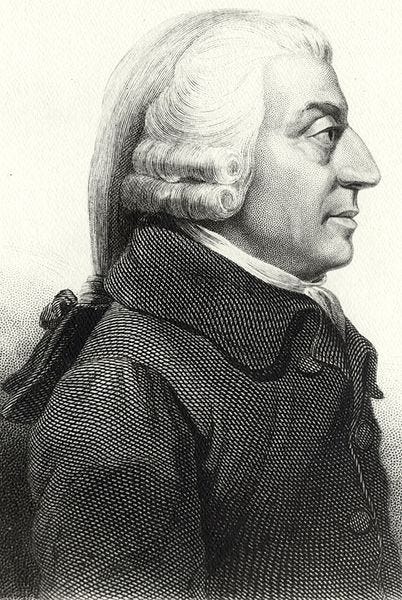In his Theory of Moral Sentiments, Adam Smith described a so-called “Man of System” who is “so enamoured with the supposed beauty of his own ideal plan of government, that he cannot suffer the smallest deviation from any part of it.” This man imagines that he can “arrange the different members of a great society” as easily as a hand moves pieces on a chessboard – not seeing that “every single piece has a principle of motion of its own, altogether different from that which the legislature might choose to impress upon it.”
Today’s educational central planners bear an uncanny resemblance to Smith’s 250-year-old caricature. Led by national teacher’s unions, public schools cram children and parents into a one-size-fits-all school system. But students are not widgets, says Corey A. DeAngelis – Cato Institute adjunct scholar and Executive Director at the Educational Freedom Institute. DeAngelis is co-author with Cato’s Neal McCluskey of a new book, School Choice Myths – debunking the 12 most common misconceptions about education freedom.
Against the claim that a free market in education would turn schools into factories, churning out carbon-copy graduates, DeAngelis notes that it is the current monopoly system that results in uniform, standardized testing. He finds the roots of our broken educational institutions in the compulsory Prussian school system, which “started in 1819 with the clear mission of creating citizens that would be obedient miners, factory workers, and soldiers.”
Corey joins me this Sunday to unravel this and other pernicious falsehoods around school choice, and to discuss recent developments related to charter schools, voucher programs, and other challenges to the government school monopoly.
We will also touch on the troubling news that Biden’s transition team for the Department of Education includes four members of the nation’s top two teachers’ unions. Finally, we will look at how unions have sought to protect teachers from the minuscule risk of COVID at the expense of student outcomes, and why we must not allow special interests to determine educational policies
.















Share this post